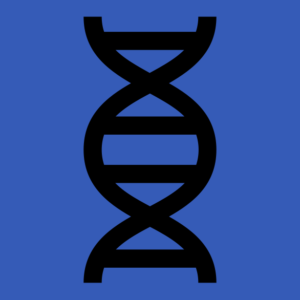The European Commission is investigating whether Illumina’s decision to complete its acquisition of cancer test manufacturer Grail — despite the Commission’s ongoing investigation into any anticompetitive effects of the deal — breaches the “standstill obligation” under Article 7 of the EC merger regulations.
 This investigation is separate from the Commission’s substantive investigation into the market effects of the deal itself.
This investigation is separate from the Commission’s substantive investigation into the market effects of the deal itself.
On Aug. 18, 2021, San Diego-based genetic sequencing company Illumina announced it was moving forward with its $7.1 billion acquisition, one the Commission fears may reduce competition and innovation in the emerging market for the development and commercialization of cancer detection tests based on sequencing technologies.
Grail’s multi-cancer early detection tests could be used to detect up to 50 types of cancer. Since most of these cancers are not even screened for today, the test could potentially save millions of lives. Grail is one of several competitors racing to develop these liquid biopsy tests, which analyze a sample of a patient’s blood or other fluid through DNA sequencing.
On Aug. 20, EC’s chief competition policy enforcer Margrethe Vestager said “companies must wait for our approval before a transaction can go ahead. This obligation, that we call standstill obligation, is at the heart of our merger control system and we take its possible breaches very seriously.”
Following the parties’ failure to provide essential information for the Commission’s assessment, the Commission stopped the clock into its investigation on Aug. 11. As of Aug. 18, the parties had yet to provide the information requested.
In March 2021, the FTC filed an administrative complaint alleging that Illumina’s acquisition of Grail would diminish innovation in the U.S. market for multi-cancer early detection tests.
